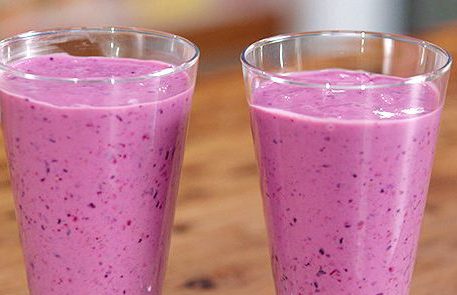Fasting as a means to lose weight and increase longevity is gaining increased interest and popularity. If you aren’t familiar with fasting, it is best described as cycling between periods of fasting and eating. Fasting is an eating regime often undertaken in the long term as opposed to a short-term ‘quick fix diet.’
How to fast?
There is no set way to fast, it’s flexible and can be undertaken for different periods of times with similar benefits. Some of the most common approaches to fasting include:
5:2 Diet: women eat 500cals and men 600cals on two non-consecutive days of the week and eat normally for the remainder of the week.
16/8 method: fast for 16 hours and eat only within an 8-hour window, commonly between 12-8pm. This for most involves skipping breakfast and making lunch the first meal of the day. It is also possible to move this window to 10-6pm, whatever suits the individual.
24hour: fasting for one or two non-consecutive days per week.
What are the Benefits of fasting?
A lot of people undertake fasting as a way to lose weight, however, weight aside there are numerous purported health benefits of fasting including:
- Improved insulin sensitivity and lower blood sugar levels, beneficial for protection against type 2 diabetes
- Less likely to slow metabolism compared to normal dieting
- Improve cellular repair – when the body is in a fasting mode, it reduces wastes and undertakes cellular repair
- May have anti-inflammatory effects and protect against oxidative stress
- May prevent age-related disease such as cardiovascular disease (reduces LDL cholesterol, blood pressure), cancer, diabetes (reduces insulin and blood glucose) and dementia (boosts neural regeneration)
- May increase the lifespan and reduce the rate of functional decline
- Potentially more achievable due to break in energy restriction on non-fasting days/periods
What are the potential pitfalls of fasting?
Just like any controlled eating regime, there will be pitfalls, the most common pitfalls of fasting include:
- Binge eating/over compensating from the fast – eating more calories than would if not fasting leading to weight gain/undoing any good of the fast
- Not eating in a balanced way on non-fast days or during eating periods – ie loading up on refined sugars and poor quality fats
- Reduced calorie intake can lead to nutritional deficiencies
- Not eating to support energy during fasting days – opt for high-fibre and lean protein
Who shouldn’t fast?
Fasting is not suitable for everyone and before starting a new eating regime it’s important to speak to your medical professional, especially:
- If under the age of 18
- Pregnant and breastfeeding women
- If suffering from a chronic health condition or on medication Anyone underweight
The bottom line on fasting is that if done correctly it may be an effective way to lose weight and increase longevity without the stress of having to count calories at each meal!
